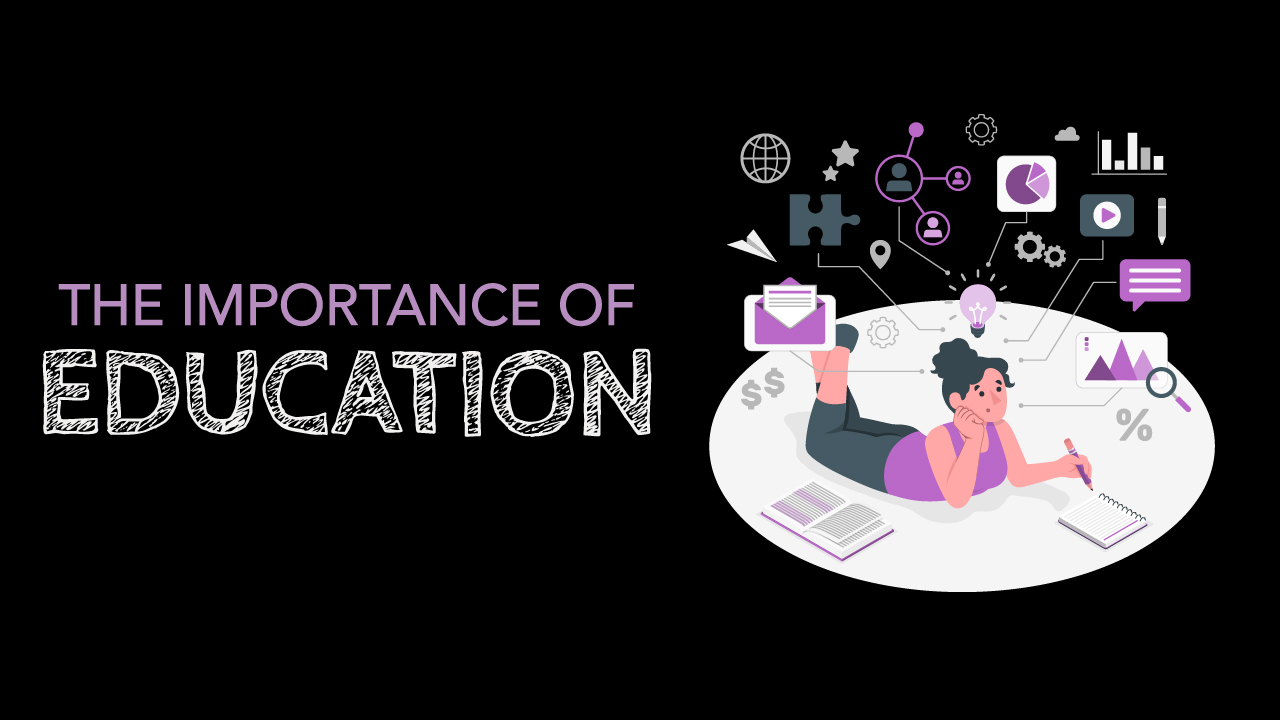The importance of education
 CREDIT: FSU PUBLICATIONS AND COMMUNICATIONS DEPARTMENT
CREDIT: FSU PUBLICATIONS AND COMMUNICATIONS DEPARTMENTAccording to the United Nations, education is essential to promoting tolerance and more peaceful communities because it helps eliminate disparities and achieve gender equality.
Fanshawe College Sustainability Consultant Christine Wardle said that if everyone can access quality education and learn about their passions, people would be able to create a world where innovation and the environment are at the forefront.
“Gender-based equality and education would become more balanced, which is crucial to creating a sustainable future,” Wardle said. “When people are more educated, they are more likely to succeed.”
She stated that with the proper education, people can find long-lasting solutions, improve life standards, generate empowerment, and inspire social, environmental and economic development.
Climate Action London co-founder Mary Ann Hodge said that sustainability and education are inextricably linked because one comes as the result of the other one.
“Understanding the relationships between the environment, the economy, and society is aided by education,” Hodge said.
Hodge said that today’s education should aim to support students and communities in acquiring the abilities, viewpoints, and values.
Wardle said that education is a determinant factor in living a productive lifestyle. However, only some have the resources and privileges to have education as a tool to live an abundant life.
“When someone is happy, healthy, and able to provide for themselves through their education, they are more likely to be effective members of society,” Wardle said.
“When someone lacks access to education, [they’re] more likely to experience negative health effects, be less likely to participate in the workforce, and have less opportunity to build a better future for themself.”
Wardle said that in many countries, the lack of proper infrastructure is a significant barrier to getting a good education. She added that many places need electricity, clean drinking water, basic sanitation, computers, or access to the Internet to get a quality education experience.
“When people know what it takes to create sustainable, long-term success in society, they are more likely to implement those strategies in their careers and everyday life,” Wardle said.
Wardle stated that quality education provides inclusive and equitable learning experiences and promotes lifelong learning opportunities for people of all ages in all world regions.
Hodge said education is one of the best methods to achieve financial security and stability in the long term. She added that the lack of access to education is a significant predictor of poverty passing down from generation to generation.
“Poor families frequently have to choose between meeting their child’s basic necessities and sending them to school,” Hodge said. “Even though some families are exempt from paying tuition, there are still extra educational expenses such as uniforms, books, supplies, and test fees.”
Wardle said that quality education is crucial to reducing gender-based inequalities. She added that when girls and women have access to quality education, they are more likely to be able to make their own decisions regarding their lives and how they want to live them.
“Gender inequality is more prevalent in lowincome countries,” Wardle said. “Women frequently labour longer hours for free, own fewer assets and experience gender-based violence. With all of that, their capacity to contribute to society and fully benefit from economic prosperity is thus constrained.”
A study by The World Bank said that countries where women are restricting from attaining an education lose between $15 trillion USD and $30 trillion USD in productivity and earnings.
Wardle said that learning about the world and its diversity helps people understand that there are people out there who live differently but are still happy. She said that a peaceful society relies on the understanding that there are different ways, cultures, opinions, religions, and traditions.
“In good education systems, people are taught a wide range of subjects going from the basic to the complex,” Wardle said. “When understood and applied in everyday life, all these subjects contribute to a healthy lifestyle and society. Education promotes respect for others, whether they belong to the same group or not.”

















